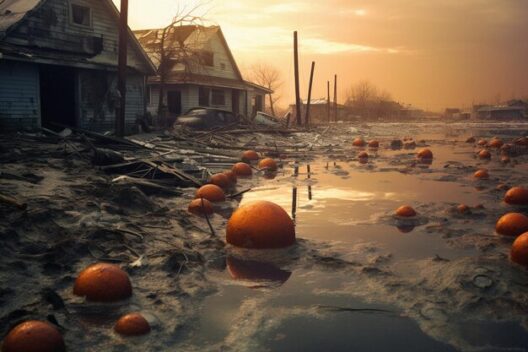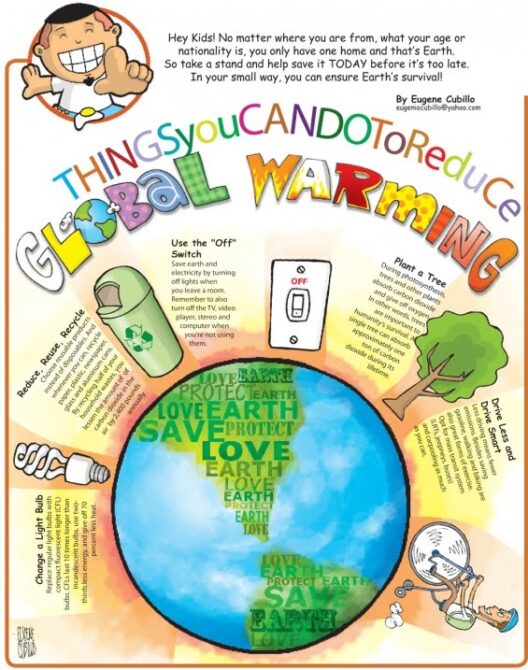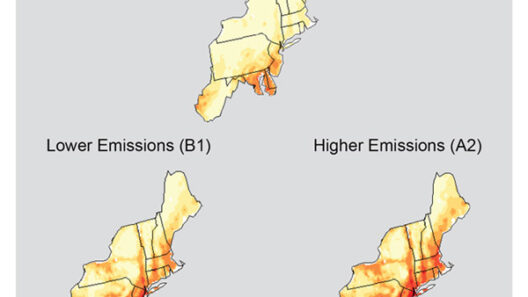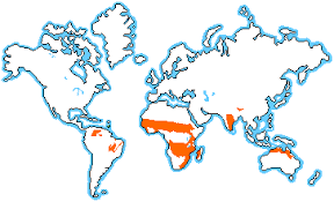The term “political climate” encapsulates the atmosphere surrounding political discourse, decision-making, and ideology within a society at any given time. It encompasses the nuanced interplay between beliefs, values, and the power dynamics that dictate how policies are crafted and implemented. At its core, the political climate reflects a society’s collective sentiment toward governance, authorities, and the mechanisms that shape daily existence. But why is it crucial to understand this concept? What if your perspective has been colored by the prevailing political climate, and how might that influence your worldview?
The formation of a political climate is influenced by several factors, including public opinion, media representation, advocacy groups, and various social movements. Each of these components interacts to create a tapestry of ideologies that can either unite or divide citizens. As these elements coalesce, they significantly shape not just legislation, but also the cultural narratives that inform our lives. For example, imagine how drastically different our understanding of climate change would be without the influence of environmental lobbying or mainstream media narratives. Would we perceive ecological degradation as an immediate crisis or merely a distant concern? The role of political climate is paramount in shaping such perceptions.
Public opinion serves as a barometer of the political climate, revealing societal values and priorities. Polls, surveys, and social media sentiments act as reflections of collective consciousness. When an issue garners significant public support, politicians often feel compelled to align their policies with the prevailing opinion to secure votes. This creates a cyclical relationship where public opinion informs policy, which in turn influences public opinion further. Consider contemporary issues like climate change or healthcare reform. The actions taken by political leaders frequently resonate with public sentiment, highlighting the immense power of collective attitudes.
Another critical player in shaping the political climate is the media—an omnipresent force capable of amplifying particular narratives while marginalizing others. Through selective coverage, framing, and editorial choices, the media can dramatically alter public perception of crucial issues. If climate change is reported solely as a polarizing debate rather than a scientific consensus, public urgency may diminish. This skewed portrayal diminishes the gravity of the climate crisis, affecting political willingness to address environmental policies adequately. One might wonder: how can we critically engage with the media to better understand and shape the political climate surrounding environmental issues?
Social movements have also emerged as powerful catalysts for change, carving out new spaces for dialogue and activism. Activism can shift political discourse and change perceptions about pressing issues. Whether it’s the grassroots movements advocating for social justice or youth-led protests pushing for climate action, these efforts highlight the potential for citizens to profoundly influence the political climate. A playful challenge arises: Can we begin to view our own actions—small or large—as part of this larger movement? Collective efforts can offer hope, driving political agendas to become more aligned with grassroots demands.
Moreover, any analysis of the political climate must consider the influence of various identity factors—race, gender, socioeconomic status, and geography. Intersectionality plays a significant role in how individuals experience and interpret the political climate. Marginalized communities often confront unique challenges and inequities, prompting varied responses to political stimuli. For example, environmental degradation frequently impacts low-income populations more harshly than their affluent counterparts, thus motivating these communities to advocate for policies addressing environmental justice. Therefore, understanding the political climate means recognizing that differing experiences shape individual worldviews. How do these divergent perspectives inform broader political discussions, and what challenges might they present?
Additionally, the increasing polarization present within the contemporary political climate complicates dialogue surrounding critical issues like climate change. As individuals increasingly categorize themselves into ideological camps, meaningful discourse may be hindered. The challenge lies in navigating these divisions to foster conversations that unite rather than divide. Can we find common ground between differing perspectives on energy consumption, resource allocation, and environmental policy? Such a dialogue could broaden understanding and catalyze mutual action.
Ultimately, a thorough understanding of the political climate is not merely an academic pursuit; it is a necessity for active citizenship. Engaging with political discourse, whether through voting, protesting, or other forms of activism, is essential for shaping the kind of world we wish to inhabit. By critically analyzing and participating in the ever-evolving political climate, individuals can influence policies that will resonate across generations, particularly in urgent domains like climate action.
In conclusion, the political climate molds our worldviews, interactions, and responses to pressing issues. By unpacking the multifaceted nature of this concept, we can better understand how various elements intertwine to shape societal attitudes. As citizens, we are tasked not only with comprehension but also with action. Can we commit to being attentive participants in our own political climates, fostering a culture of informed activism that champions sustainability and justice? The call to action is clear: engage critically, advocate fervently, and work collaboratively toward a future that reflects our shared values.







